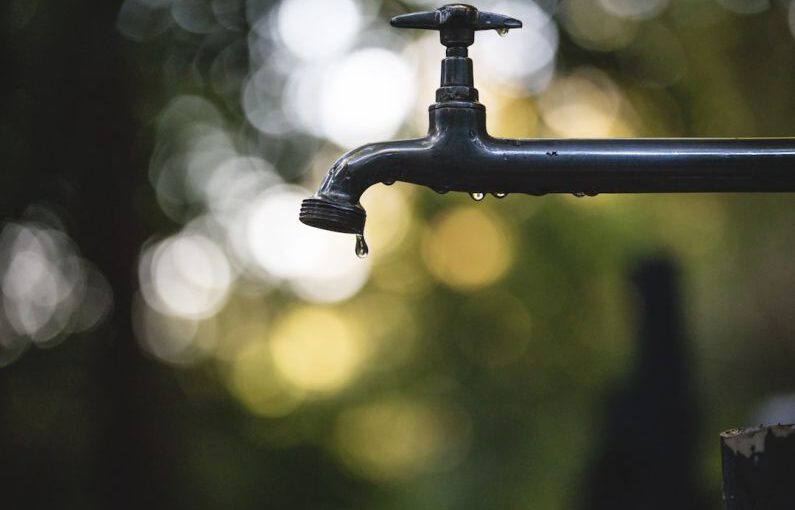Drip irrigation systems have quickly become a popular choice for farmers and gardeners looking to efficiently water their plants. This innovative method of irrigation involves delivering water directly to the base of plants through a network of tubes and emitters. The advantages of a drip irrigation system are numerous and can have a significant impact on the health and yield of crops. Let’s explore some of the key benefits of using a drip irrigation system.
Efficient Water Usage
One of the most significant advantages of a drip irrigation system is its efficiency in water usage. Unlike traditional irrigation methods, such as sprinklers, which can result in a significant amount of water loss due to evaporation and runoff, drip irrigation delivers water directly to the roots of plants. This targeted approach ensures that water is used more efficiently, reducing water wastage and ultimately leading to water savings of up to 50% compared to conventional irrigation methods.
Improved Plant Health
Drip irrigation systems promote healthier plant growth by providing a consistent and controlled water supply directly to the roots. By maintaining optimal soil moisture levels, plants are better equipped to absorb nutrients and grow vigorously. Additionally, the controlled delivery of water helps prevent water stress and reduces the likelihood of diseases that can result from overwatering or uneven watering. As a result, plants are more resilient, have stronger root systems, and are better able to withstand environmental stressors.
Enhanced Nutrient Uptake
In addition to water, plants require essential nutrients to thrive. Drip irrigation systems can be easily integrated with fertilization programs, allowing for the precise delivery of nutrients directly to the root zone. This targeted approach ensures that plants receive the necessary nutrients for healthy growth and development. By enhancing nutrient uptake, drip irrigation systems contribute to improved plant health, increased yields, and better quality crops.
Weed and Pest Control
Traditional irrigation methods, such as overhead sprinklers, can inadvertently promote weed growth by distributing water across the entire surface of the soil. Drip irrigation, on the other hand, delivers water only to the root zone of plants, reducing the moisture levels on the soil surface where weeds typically germinate. By minimizing weed growth, drip irrigation systems help reduce competition for resources and nutrients, allowing crops to flourish.
Furthermore, the targeted application of water with drip irrigation systems can also help in pest management. Overhead irrigation methods can create humid conditions that are favorable for pests and diseases to thrive. Drip irrigation minimizes moisture on the foliage, making it less attractive to pests and reducing the risk of fungal diseases. By maintaining a drier plant canopy, drip irrigation systems contribute to a healthier growing environment and can aid in pest control efforts.
Cost-Effective Solution
While the initial investment in a drip irrigation system may be higher than traditional irrigation methods, the long-term cost savings are significant. The efficiency of drip irrigation systems in water usage can result in lower water bills and reduced energy costs associated with pumping water. Additionally, the precise delivery of water and nutrients can lead to increased yields and improved crop quality, ultimately resulting in higher profits for farmers and gardeners.
Environmental Benefits
Drip irrigation systems offer several environmental benefits that make them a sustainable choice for irrigation. By minimizing water wastage and reducing the need for chemical inputs, such as fertilizers and pesticides, drip irrigation systems help conserve water resources and protect the environment. The targeted application of water also reduces soil erosion and nutrient leaching, promoting soil health and long-term sustainability.
In conclusion, the advantages of a drip irrigation system are clear: efficient water usage, improved plant health, enhanced nutrient uptake, weed and pest control, cost-effectiveness, and environmental sustainability. By harnessing the benefits of drip irrigation, farmers and gardeners can optimize their irrigation practices, increase crop yields, and promote a healthier growing environment.





